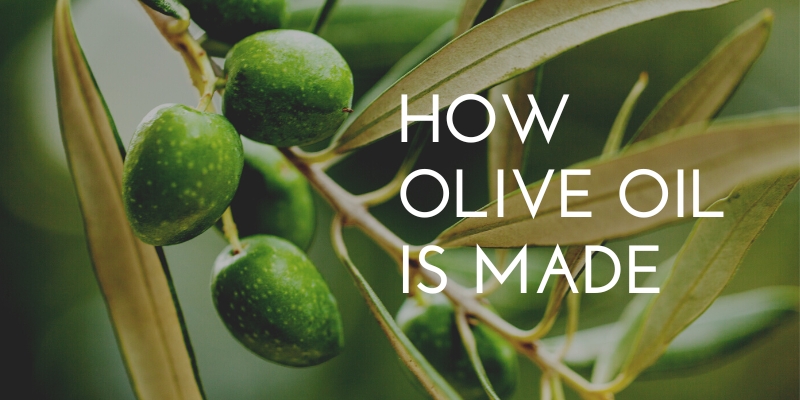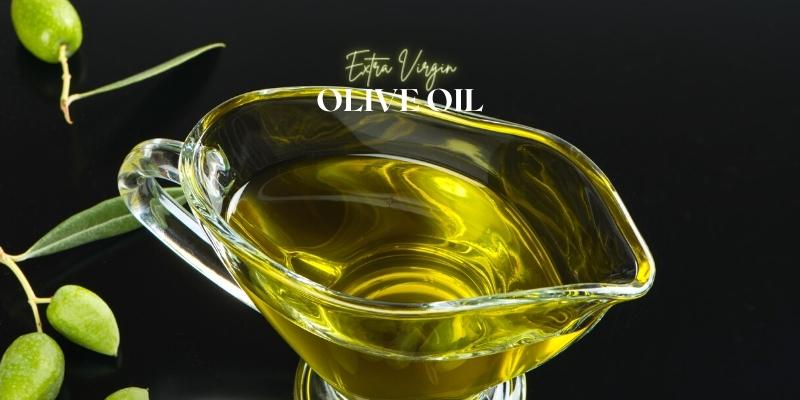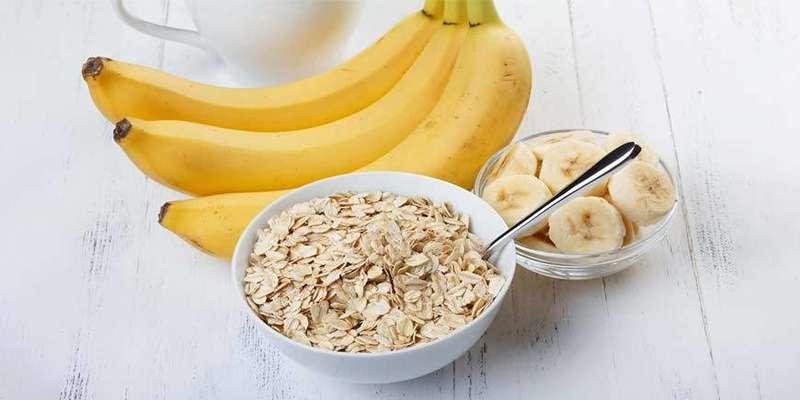Olive oil isn't just a fancy bottle you see in kitchens or cooking shows; it's a real health booster hidden in plain sight. Think of it as a golden liquid that can do wonders for your body, from your heart to your hair!
What's in Olive Oil? Nutrition Facts
Imagine olive oil as a cocktail of good stuff your body loves. It's packed with monounsaturated fats - these are good fats; unlike the ones you find in junk food. The main star among these fats is oleic acid, which is like a shield for your heart, keeping it strong and healthy.
Also, olive oil is like a natural pill of antioxidants. These are like tiny bodyguards that protect your body from getting sick and keep you looking young.

The Health Benefits of Olive Oil
Heart Health Hero
Why It's Heart-Healthy:
Olive oil has several heart-friendly ingredients. The main reason it's excellent for your heart is it helps control blood cholesterol levels. HDL, or good cholesterol, and LDL, or bad cholesterol, are the two types of cholesterol. Olive oil is an excellent option for heart health since it lowers bad cholesterol while boosting good cholesterol, making it a fantastic choice for heart health.
Blood Pressure Benefits:
Another perk is its ability to help lower blood pressure. High blood pressure is a high risk factor for heart disease; olive oil helps keep it in check.
Weight Management Ally
Fighting Hunger, the Healthy Way:
Olive oil is rich in healthy fats, which make you feel full after you eat. This feeling of fullness means you're less likely to munch on unhealthy foods, which can help manage weight.
The Role of Healthy Fats:
These fats support a better metabolism and make you feel full. It means that instead of storing food as fat, your body gets better at utilizing the food you consume as energy.
Antioxidant Abundance
Guarding Against Diseases:
Antioxidants are like your body's personal defense team. They protect your cells from damage that can lead to chronic diseases like cancer. Olive oil contains powerful antioxidants like hydroxytyrosol.
Slowing Down Aging:
These antioxidants also help slow the aging process, both internally and in terms of how your skin looks. They fight off the damage done by chemicals called free radicals, which can hurt cells and aging.
Digestive Health Enhancer
Easing Digestion:
Olive oil helps in smoothing out the digestion process. Adding olive oil to your diet might help relieve constipation or bloating that you experience frequently.
Anti-Inflammatory Properties:
Because of its anti-inflammatory qualities, it may also aid in reducing inflammation in the digestive tract and enhancing gut health in general.
Skin and Hair Health
Natural Moisturizer: A Gift for Your Skin and Hair
Olive oil isn't just for drizzling over your salad; it's also nature's moisturizer for your skin and hair. Think of it as a nourishing feast with nutrients that soak right into your skin and hair. This golden elixir is like a deep conditioning treatment from nature, leaving your skin and hair feeling revitalized and deeply nourished from the inside out.
Protective Properties: Your Environmental Shield
But olive oil doesn't stop at just nourishing. When you massage it into your skin and hair, it acts like a protective barrier against the harsh realities of pollution and sun damage. It's like having a personal environmental shield, helping to maintain youthful-looking skin and giving your hair that healthy, shiny strength.
In conclusion, olive oil is useful outside of the kitchen. It's a multifaceted health enhancer that can significantly impact digestive health, weight management, anti-aging, heart health, and skin and hair health. Incorporating olive oil into your daily diet and even your beauty routine can provide these extensive health benefits.
Cooking with Olive Oil
Olive oil is a culinary champion, enhancing the flavor of dishes while contributing to their nutritional value. It's ideal for dressings, marinades, and low-to-medium heat cooking. Choosing the correct type of olive oil, such as extra virgin, for its superior quality can elevate your cooking to new healthful heights.
Varieties and Quality Grades of Olive Oil
When you're standing in front of shelves full of olive oil at the store, it can be confusing. Let's clear up that confusion. The world of olive oil reveals a fascinating array of types and quality grades, each boasting distinct characteristics and ideal applications. Let's break it down for you:
1. Extra Virgin Olive Oil (EVOO)
Definition: This is the top-notch stuff. Extra virgin olive oil is made of pure, cold-pressed olives. It's like the first press of the olive, without any heat or chemicals used in the extraction process.
Taste and Color: EVOO is known for having a distinct taste – it can be fruity, peppery, or even a bit bitter. The color ranges from deep green to a lighter, golden hue.
Uses: Best used for dressings, dips, or simply drizzling over dishes. Because of its pronounced flavor, it's excellent for enhancing the taste of salads, pasta, and even toast.
Health Benefits: Highest in antioxidants and beneficial compounds due to minimal processing.

2. Virgin Olive Oil
Definition: Still high quality, but a step below EVOO. Pure, cold-pressed olives are used to make virgin olive oil. It has a slightly higher acidity level.
Color and Taste: It tastes good, although it's less aromatic and flavorful than EVOO.
Uses: It's versatile - suitable for cooking and in salads. Since it's less delicate than EVOO, you can use it for light sautéing or baking.
3. Pure or Regular Olive Oil
Definition: Now, we're moving into the more processed territory. Pure olive oil is a mix of cold-pressed and processed oils. It's often just labeled as "olive oil".
Taste and Color: It has a more neutral flavor and lighter color, lacking the distinct character of virgin oils.
Uses: Its neutral taste makes it suitable for various cooking methods, including frying and roasting. It's an excellent all-purpose oil.
4. Light or Extra Light Olive Oil
Definition: Don't be fooled by the name – "light" refers to the flavor and color, not fewer calories! It's highly refined, offering a very mild olive taste.
Taste and Color: As the name suggests, it has a light, almost neutral flavor and color.
Uses: Ideal for baking or cooking where you want something other than a strong olive oil flavor. It has a higher smoke point, making it suitable for high-heat cooking.
Choosing the Right Olive Oil
When selecting olive oil, consider what you'll be using it for:
- For dressings or to enjoy the flavor of the oil itself, go for extra virgin.
- For everyday cooking, pure or virgin olive oil is a versatile choice.
- Light olive oil is the way to go for high-heat cooking or when you need a neutral-tasting oil.
Remember, the best olive oil is the one that suits your taste and culinary needs. Don't be afraid to try different types to discover your favorite!
Conclusion
Olive oil is a nutritional treasure trove, rich in health benefits and culinary possibilities. You're investing in your long-term health and adding a touch of gourmet flare to your foods when you include it in your diet. Embrace the advantages of olive oil and let it direct you toward a healthier and more fulfilling existence.







